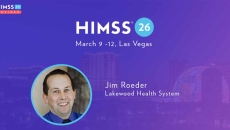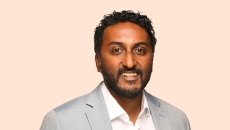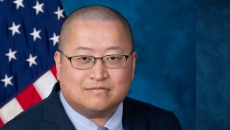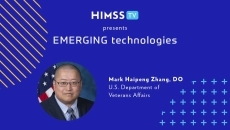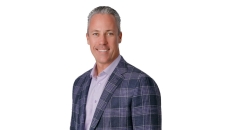Operations
A federal jury found that Medtronic, which plans to appeal the ruling, unlawfully monopolized the bipolar surgical device market through anticompetitive bundling and exclusive-deal practices that harmed rival Applied Medical.
The company was granted a preliminary injunction blocking U.S. sales of an alleged copycat fitness tracker by Chinese company Shenzhen Lexqi Electronic Technology Co.
As medical practices seek to implement agentic AI, Michael Clark, OnPoint Healthcare Partners president, recommends constant oversight to ensure agents' work is repeatable, auditable and traceable by a clinical advisory team.
Lakewood Health System's Jim Roeder says building regional alliances enables rural hospitals to share expertise, strengthen defenses and keep care available when cyber incidents happen.
Chethan Sarabu, director of clinical innovation for the health tech hub at Cornell Tech, previews his HIMSS26 talk on AI's environmental impact and actions stakeholders can take to reduce it.
Emerging Technologies
In Part 1 of Season 2 of MobiHealthNews’ Emerging Technologies series, Mark Zhang, acting assistant under secretary for health, explains how innovation is scaling across the VA.
Emerging Technologies
Acting assistant under secretary for health at the U.S. Department of Veterans Affairs at the U.S. Department of Veterans Affairs, Dr. Mark Zhang, discusses the VA's research into 3D-printed biological material for veterans.
The CEO of Transcarent sat down with MobiHealthNews outside the JPM Healthcare Conference to discuss the state of digital health and how his company is working to improve access to care.
New CEO of Dexcom, Jake Leach, joined MobiHealthNews at the JPM Healthcare Conference to discuss his leadership priorities, CGM access and the role of wearables in preventive care.
Eric Jimenez, Artesia General Hospital CIO, says the hospital first deployed AI to protect its network after a cyber incident. It expanded to ambient listening and is now seeking to use AI for clinical applications.



